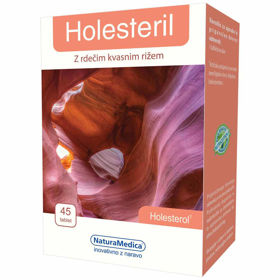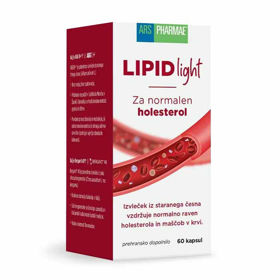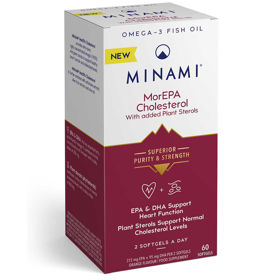Customer question:
What are the upper and lower limits for cholesterol? Anonymous customer's question
Pharmacist's answer:
Recommended limits may vary depending on an individual's specific risk factors, such as age, gender, presence of other medical conditions, and family history of cardiovascular disease.
Here are the general guidelines:
LDL cholesterol (bad cholesterol):
- Upper limit: less than 100 mg/dL (2.6 mmol/L) for people with cardiovascular disease or high risk.
- Lower limit: 70 mg/dL (1.8 mmol/L) for certain high-risk groups, such as people with known heart problems or diabetes.
HDL cholesterol (good cholesterol):
- Upper limit: no more than 60 mg/dL (1.6 mmol/L) for cardiovascular protection.
- Lower limit: less than 40 mg/dL (1.0 mmol/L) for increased risk of cardiovascular disease.
Total cholesterol:
- The upper limit is less than 200 mg/dL (5.2 mmol/L) for normal levels.
- Lower limit: There is no fixed lower limit, but the desire is to maintain healthy levels.
Can we be healthy even with cholesterol that is too low or too high?
Yes, people can stay healthy outside the recommended cholesterol ranges. Nevertheless, both too low and too high cholesterol can pose health risks.
Low cholesterol, especially LDL cholesterol, is generally considered desirable because it lowers the risk of cardiovascular disease. However, deficient cholesterol levels can cause specific health problems. For example, the risks of hemorrhagic stroke may increase. In addition, too low cholesterol can affect the production of certain hormones, such as sex hormones, which can cause other problems.
On the other hand, high levels of cholesterol, especially LDL cholesterol, are an essential risk factor for cardiovascular disease. High cholesterol can lead to the formation of atherosclerosis, which is the main cause of heart attacks and strokes. However, it is not necessary that people with high cholesterol also develop this type of heart disease, as other risk factors play an essential role, such as smoking, high blood pressure, diabetes, and physical inactivity.
The most important thing is to focus on overall health. This includes eating a balanced diet, exercising regularly, avoiding smoking, controlling blood pressure and blood sugar, and maintaining a healthy weight. Regular health checkups are important to monitor cholesterol levels and other risk factors. In addition, genetic predisposition and other factors that can affect cardiovascular health must be considered.
Interesting reading: Cholesterol-lowering tea
Interesting reading: Cholesterol tablets













